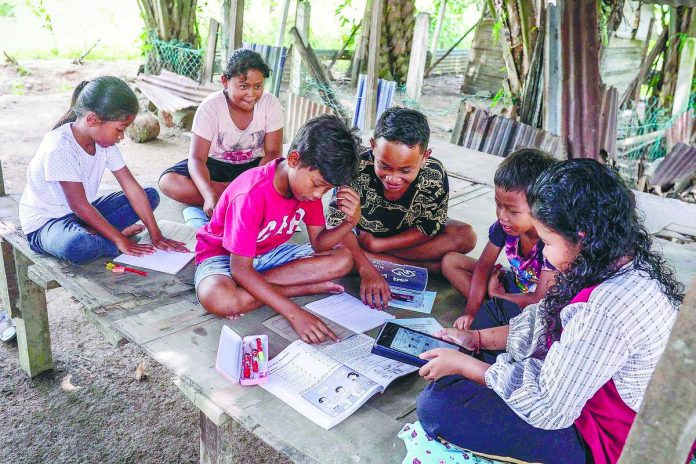PETALING JAYA: Malaysia’s performance in the latest Human Rights Measurement Initiative (HRMI) report – ranking third-lowest in Asean for education rights – should be viewed as a constructive reminder of the work still needed to ensure inclusive, high-quality education for all, said National Association of Private Educational Institutions deputy president Dr Teh Choon Jin.
The HRMI, a global collaboration involving human rights practitioners, researchers and academics, reported that Malaysia is achieving 64.4% of its potential in education rights for males and 70.7% for females, based on national income levels.
Both figures fall into the “very bad” category under the HRMI’s benchmark system.
Describing the findings as a “sobering wake-up call”, Teh said: “Despite having the resources, we’re still failing to ensure every child receives quality education.”
He added that while Malaysia has made strides in reforming its education system, some policies have yet to deliver on the ground, especially in rural areas facing infrastructure challenges, teacher shortages and limited digital access.
Teh also noted that the education system remains overly exam-orientated, which can hinder the development of essential real-world problem-solving and critical thinking skills.
Addressing these issues, he emphasised the role private institutions could play in bridging gaps, especially in underserved communities.
“They can also provide tech access and support in communities lacking digital resources,” he added.
He further cautioned that frequent changes in curriculum and language policy can cause confusion and added pressure for both students and teachers.
To move forward, Teh urged closer collaboration between the public and private sectors.
“We need to reach out to often invisible groups such as undocumented children, refugees and youth from marginalised communities through outreach programmes, scholarships and flexible learning pathways,” he said.
He added that public-private partnerships could help co-develop inclusive curricula, teacher training initiatives and digital platforms tailored to diverse student needs.
Among the key reforms he proposed were amending education laws to guarantee access for all children, decentralising decision-making so schools can better respond to local challenges, and adopting equity-based funding models to channel more resources to disadvantaged areas.
He also highlighted the importance of continuity in education policy.
“Teacher development must be prioritised through continuous and inclusive training. Inclusive education must be embedded in all policy and implementation frameworks to support students with disabilities and diverse learning needs.
“Fostering public-private collaboration can widen access through flexible and community-based learning models,” said Teh.
“An education system that empowers all learners is not just an investment in individuals; it is the foundation of a stronger, more united Malaysia.”
Echoing these concerns, Malaysian Academic Movement secretary Rosli Mahat described the HRMI findings as “saddening but not surprising”, reflecting ongoing challenges that require sustained attention.
“Even in the Academic Freedom Index, we score only 0.3 out of 1.0,”
he said.
Rosli acknowledged that while access to education has improved over the years, disparities still exist.
“Unequal school facilities and the unfair distribution of teachers are major barriers. Current policies do not support inclusive education.”
Rosli added that special consideration should be given for students from low-income households, first-generation university applicants and undocumented children.
“High-achieving or ‘gifted’ students should still be subject to a merit-based system without special privileges,” he added.
Rosli also called for ensuring basic infrastructure in all schools, including electricity, clean water, internet access, sports facilities, books and teaching materials.
“We must ensure an equitable redistribution of teachers so that all schools benefit from experienced educators.”
Rosli said a unified focus on meritocracy, inclusive practices and academic freedom will be essential to achieving long-term improvements.








